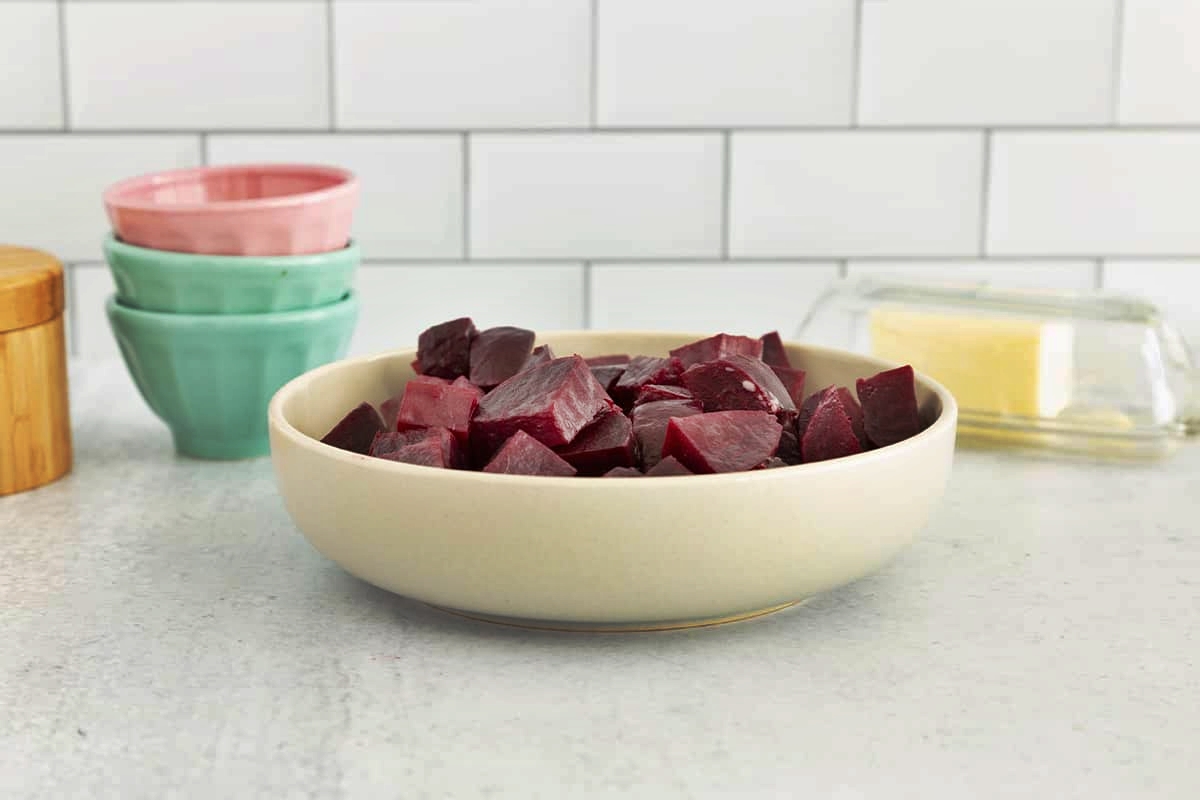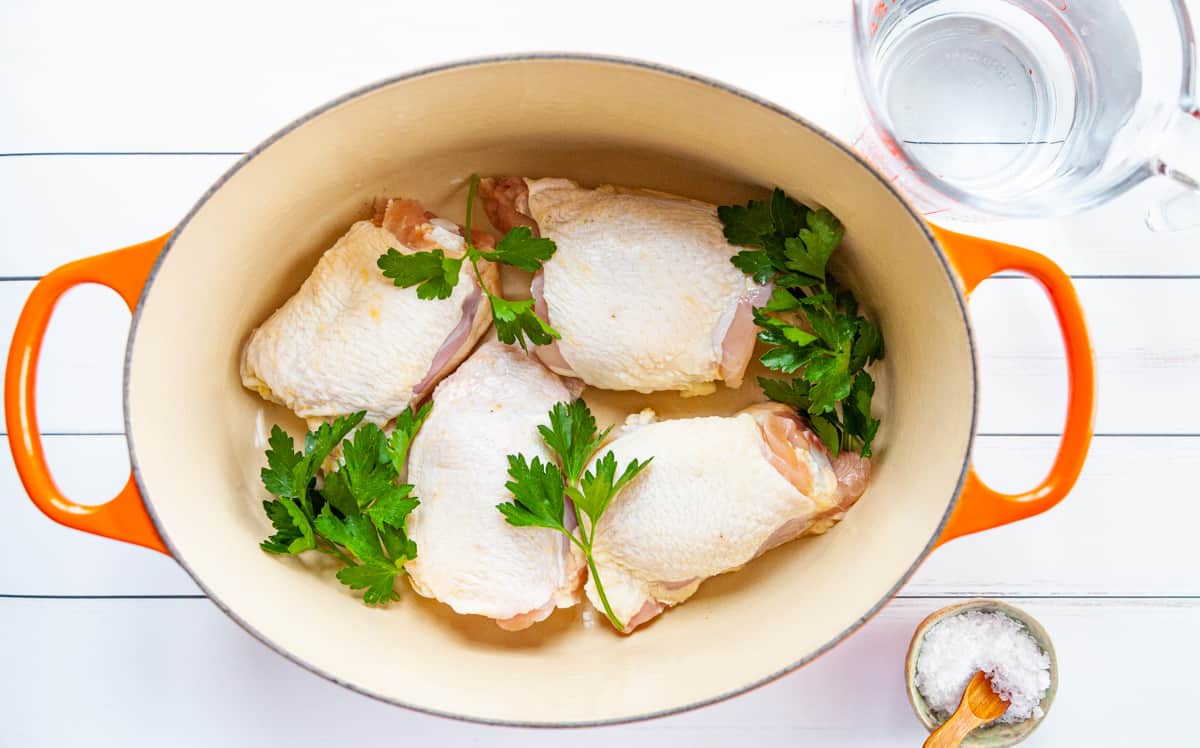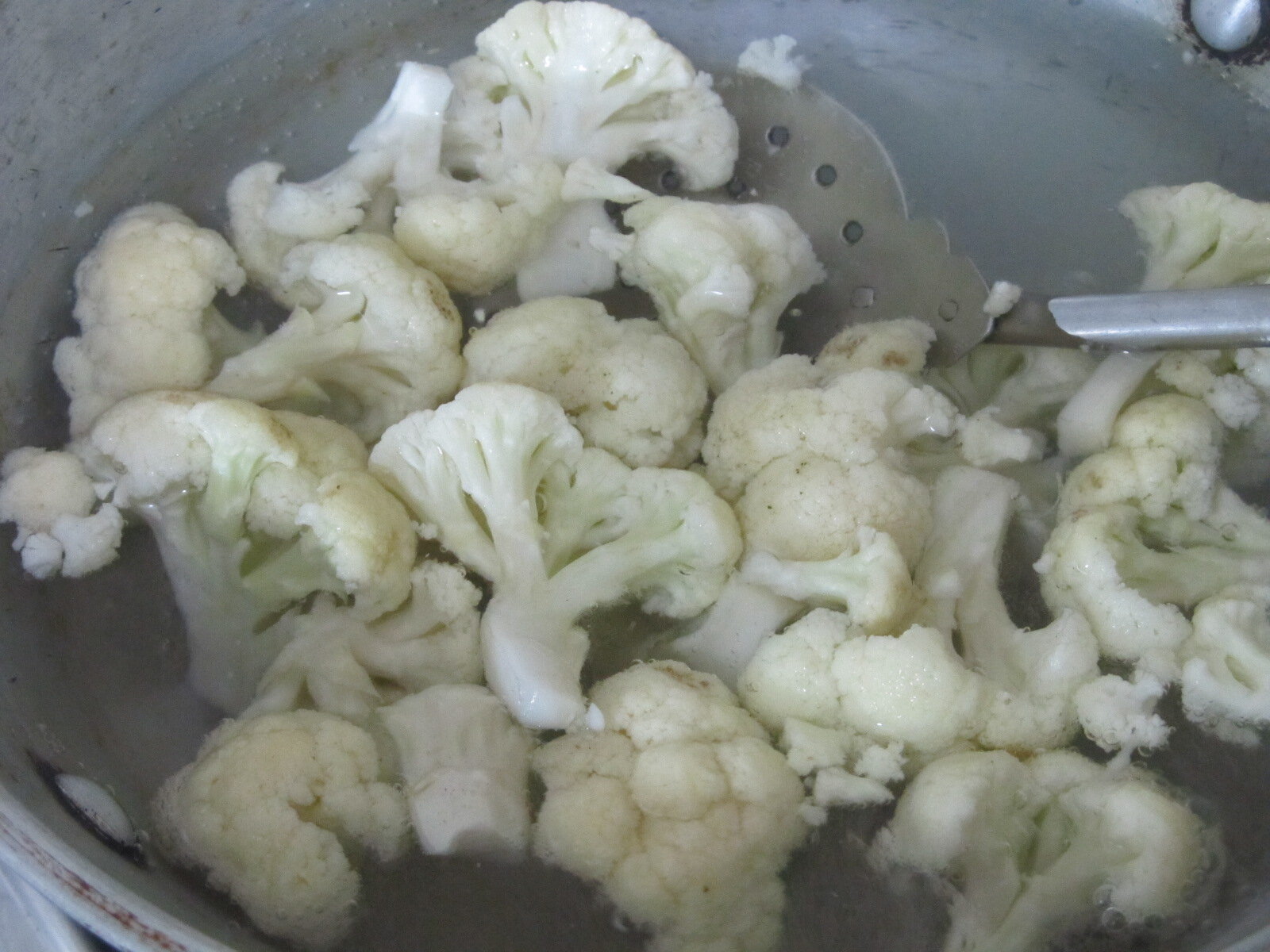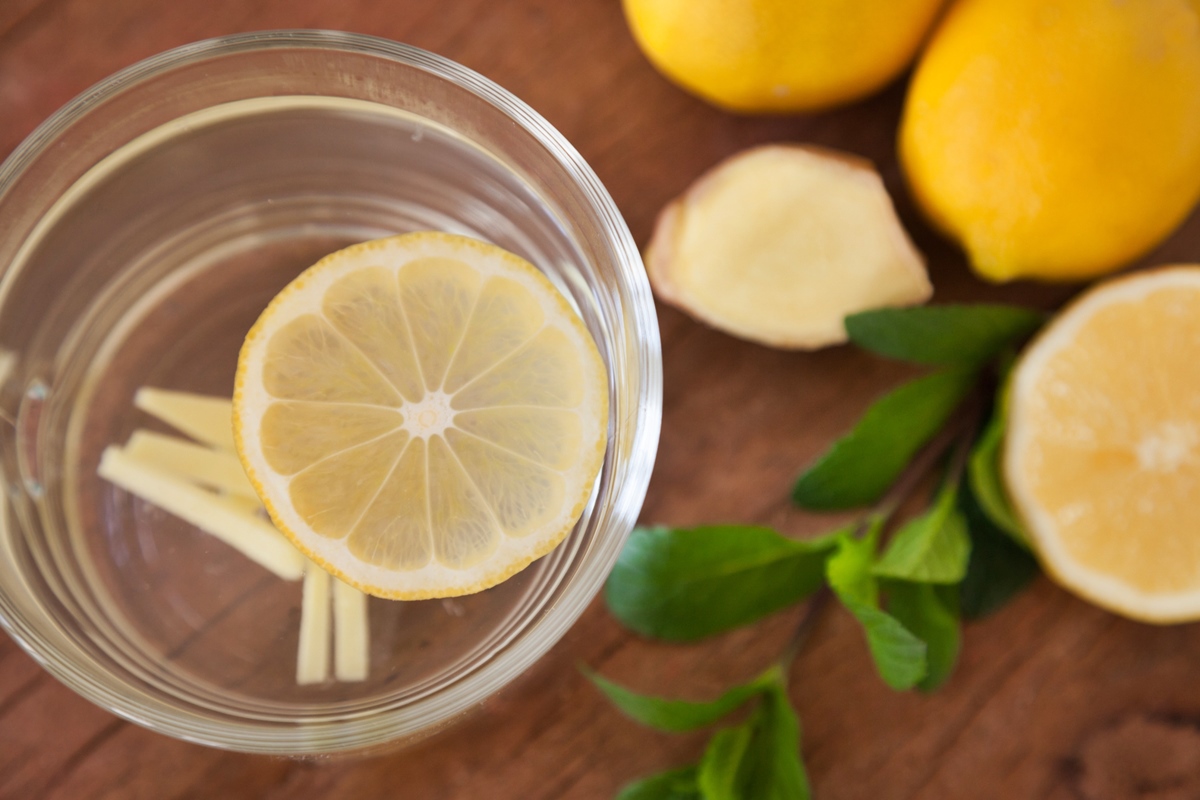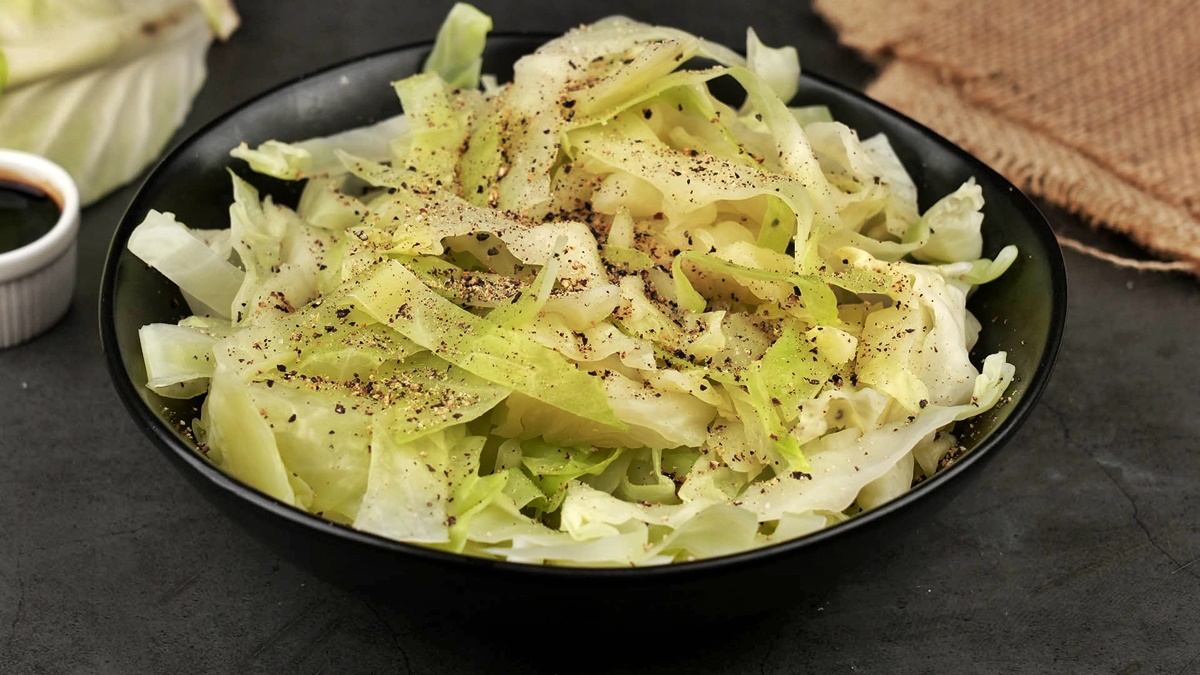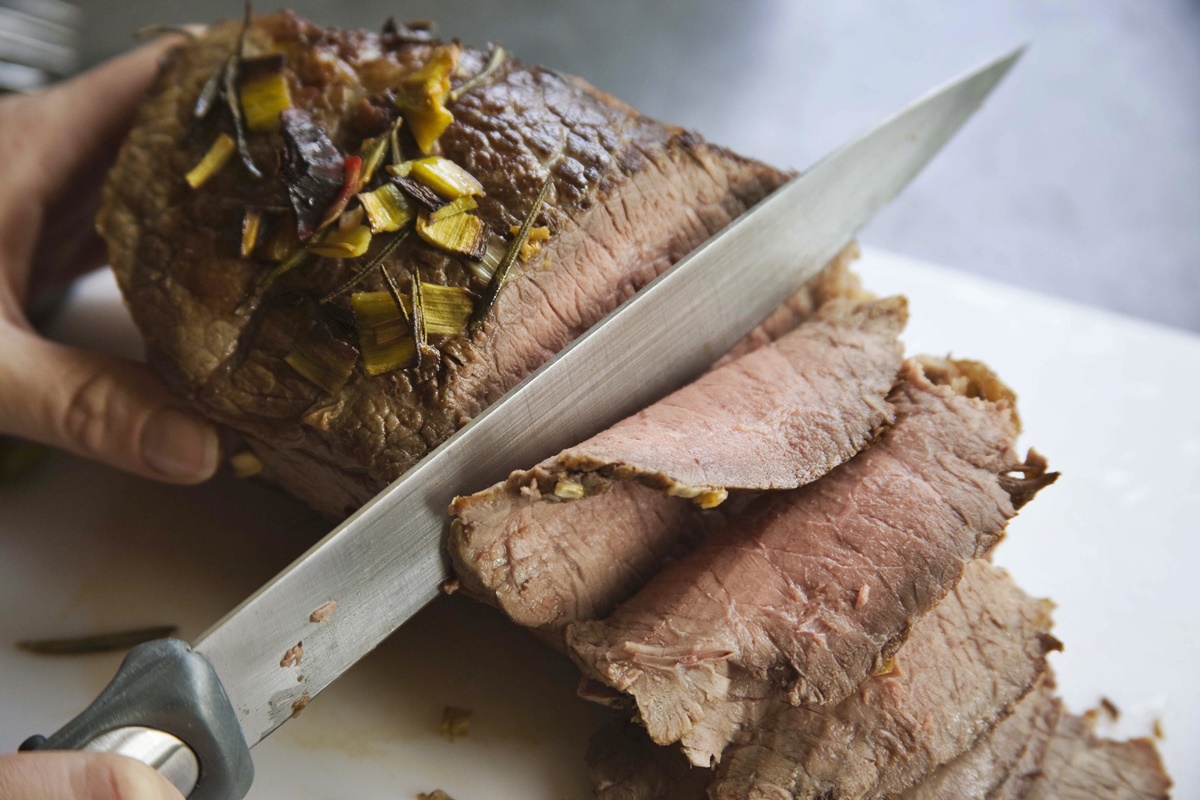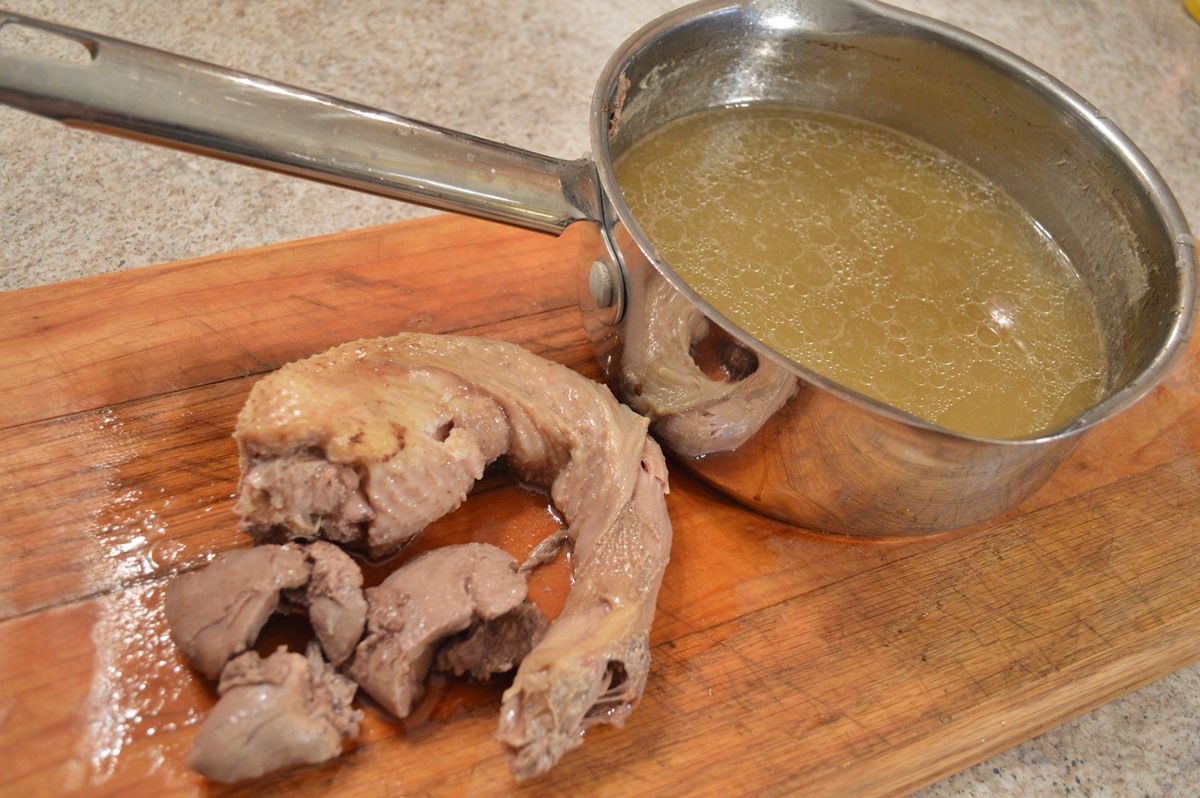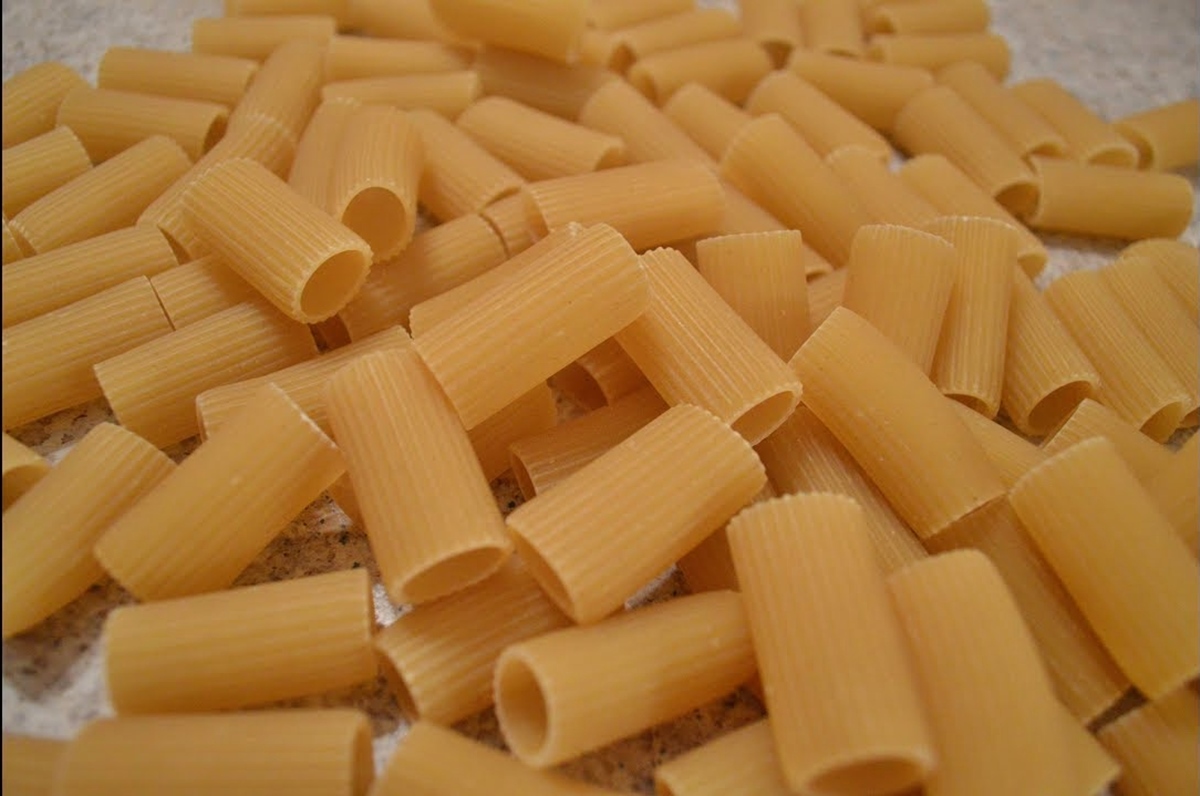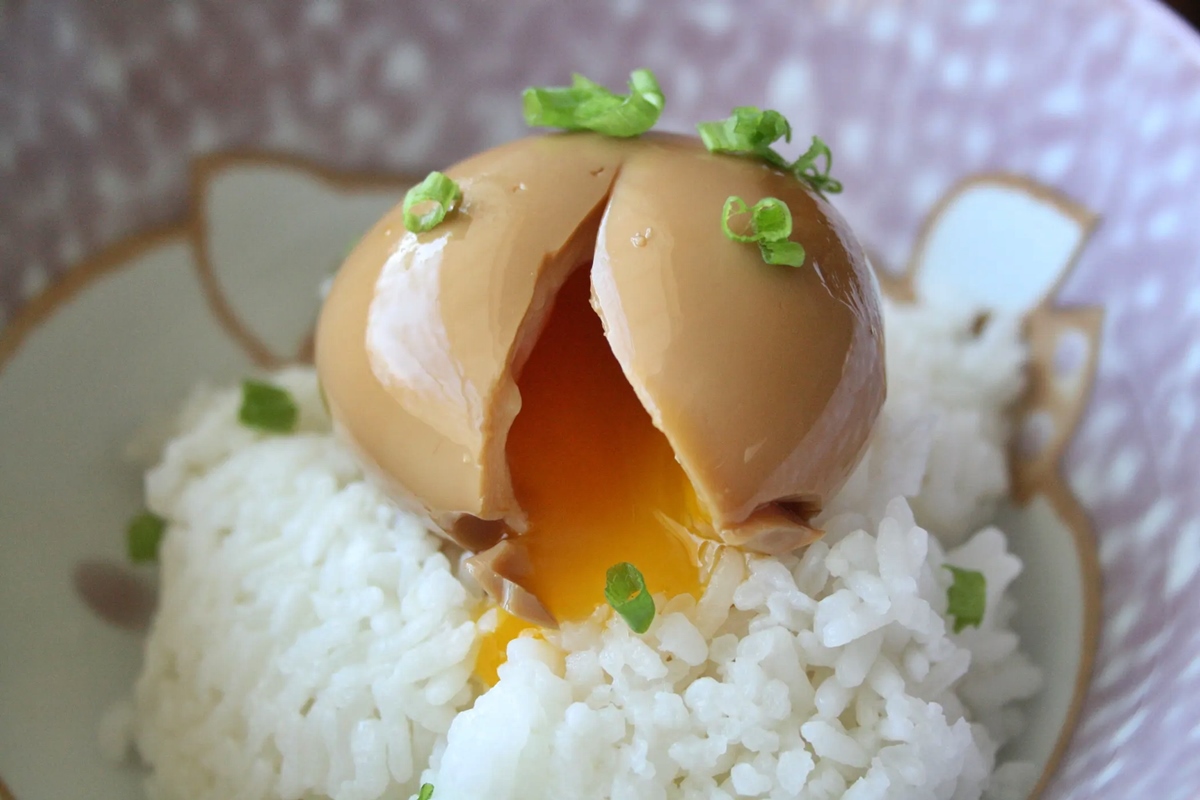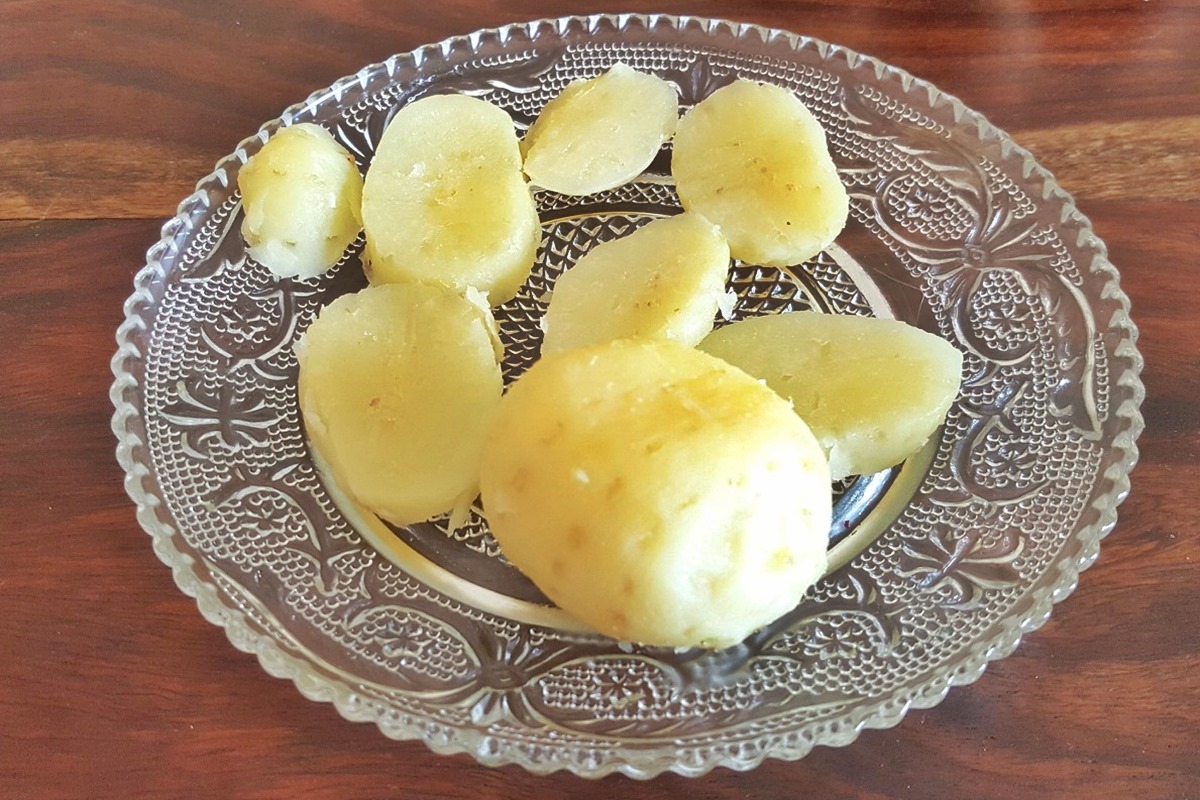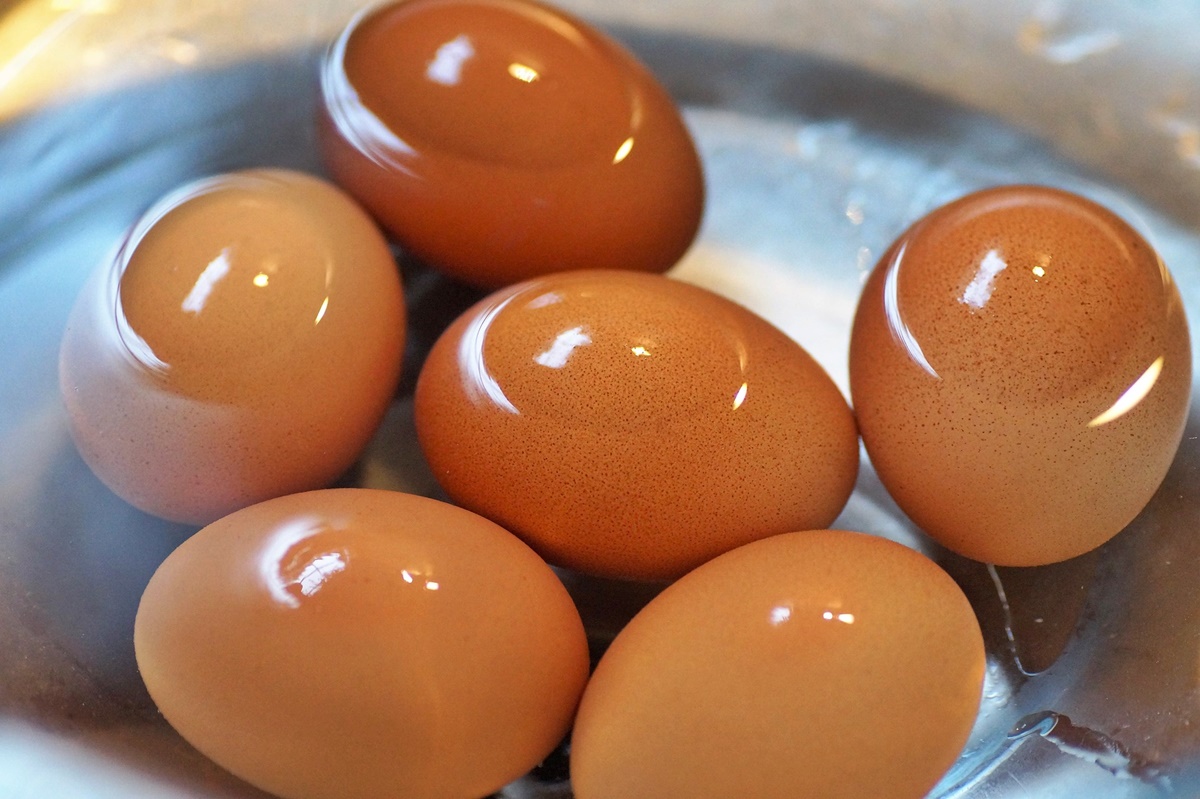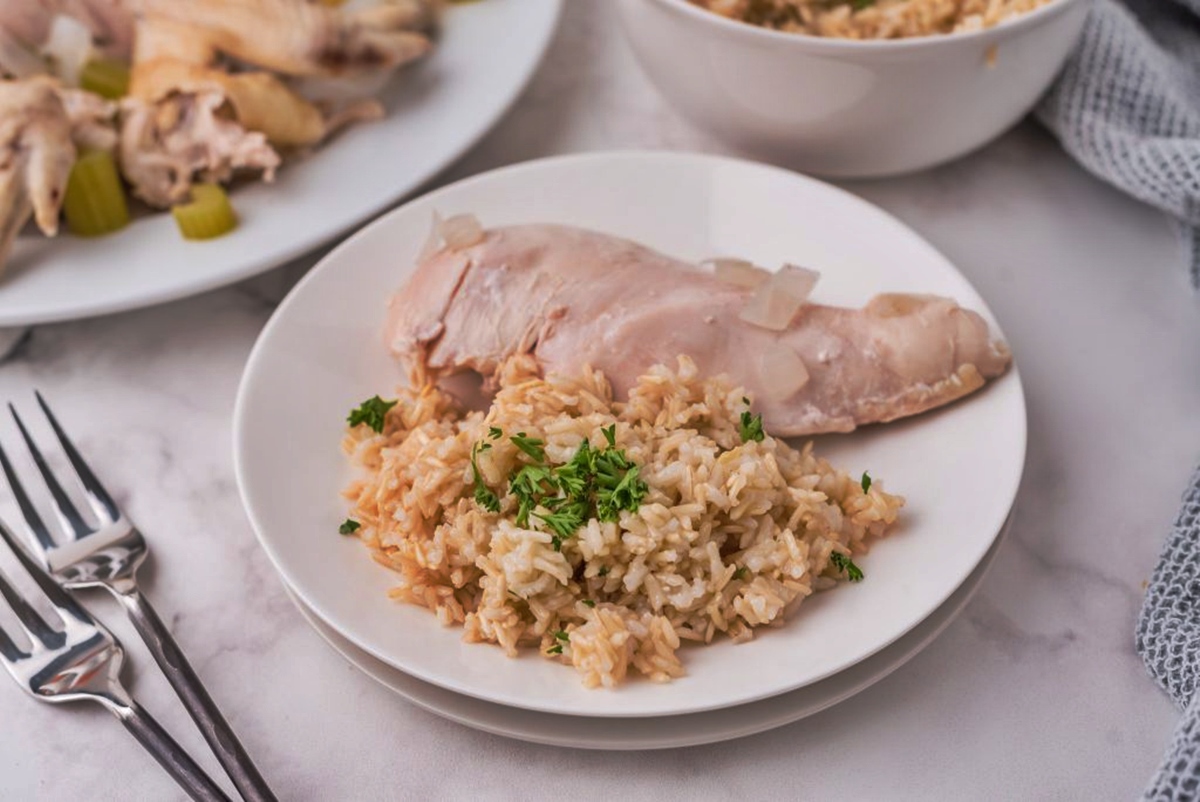How To Boil Jackfruit Seeds
Jackfruit, also known as the “miracle fruit,” is not only delicious, but it also offers a myriad of health benefits. While most people enjoy the flesh of the jackfruit, have you ever considered boiling its seeds? They are just as nutritious and can be a delightful addition to your culinary repertoire. In this article, we will guide you through the process of boiling jackfruit seeds to perfection.
Why Boil Jackfruit Seeds?
Boiling jackfruit seeds is a great way to unlock their potential as a nutritious snack or a versatile ingredient in various dishes. These seeds are packed with antioxidants, fiber, and protein, making them a valuable addition to a well-balanced diet. Boiling also softens the seeds, making them easier to digest and enjoyable to eat.
Step-by-Step Guide to Boiling Jackfruit Seeds
Follow these simple steps to boil jackfruit seeds like a pro:
- Choose ripe and large jackfruit: Select a ripe jackfruit with plump seeds. The seeds should be firm and slightly brownish.
- Remove the seeds: Cut open the jackfruit and carefully remove the seeds using a knife or your fingers.
- Wash the seeds: Rinse the seeds under cold water to remove any dirt or residue.
- Boil water: Fill a pot with enough water to cover the seeds and bring it to a boil.
- Add salt: Once the water is boiling, add a pinch of salt. This will enhance the flavor of the seeds.
- Add the seeds: Carefully add the washed seeds to the boiling water. Make sure they are fully submerged.
- Cook the seeds: Let the seeds boil for around 20-30 minutes or until they become tender. You can check their doneness by inserting a fork into a seed. It should easily go through without any resistance.
- Drain and cool: Once the seeds are cooked, drain them using a colander and allow them to cool.
- Peel the outer skin: Once the seeds are cool enough to handle, gently peel off the outer white skin. The inner yellow seed will be revealed.
- Enjoy and store: The boiled jackfruit seeds are now ready to be enjoyed! You can have them as a snack or incorporate them into stews, curries, and stir-fries. Any leftover seeds can be stored in an airtight container in the refrigerator for up to a week.
Final Thoughts
Boiling jackfruit seeds is a simple and rewarding process that allows you to enjoy the nutritional benefits of this remarkable fruit. Whether you choose to snack on them or use them in various recipes, these seeds offer a unique flavor and texture that will undoubtedly impress your taste buds. So, don’t let the jackfruit seeds go to waste and give boiling a try today!
Was this page helpful?
Read Next: How To Boil Frozen Brussel Sprouts
